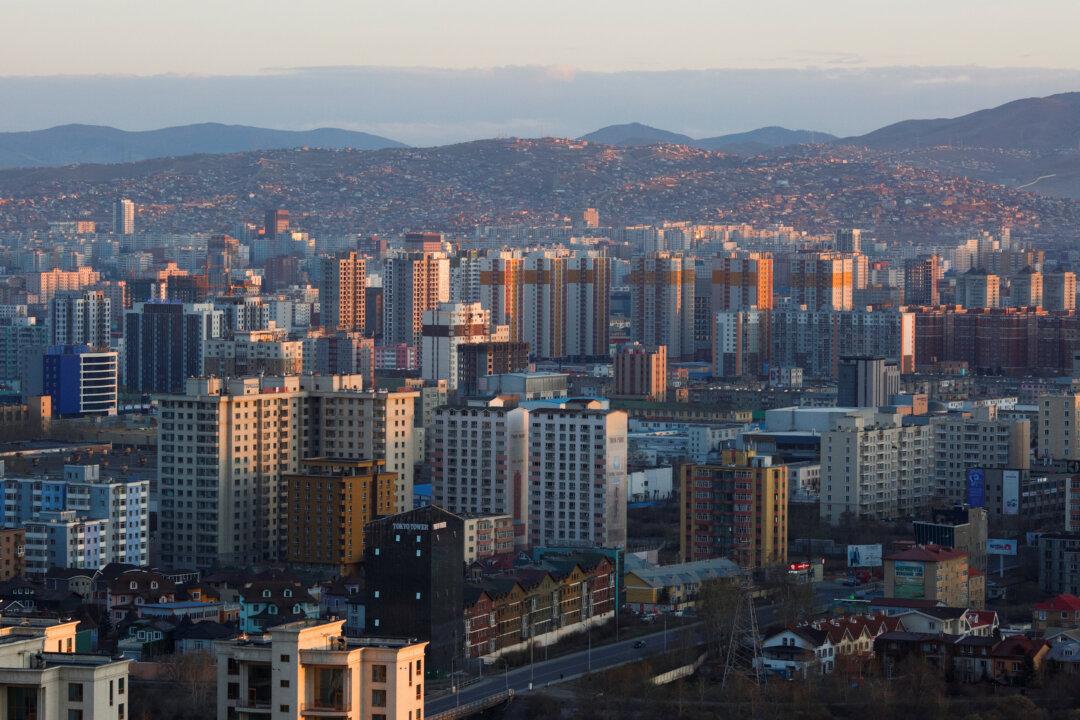ULAANBAATAR—Police in the Mongolian capital of Ulaanbaatar have apprehended 800 Chinese citizens and confiscated hundreds of computers and mobile phone SIM cards as part of an investigation into a cybercrime ring, local security authorities said.
The arrests took place after police raided four locations on Oct. 29, and followed two months of investigations, Gerel Dorjpalam, the head of the General Intelligence Agency of Mongolia, said at a media briefing on Wednesday.





